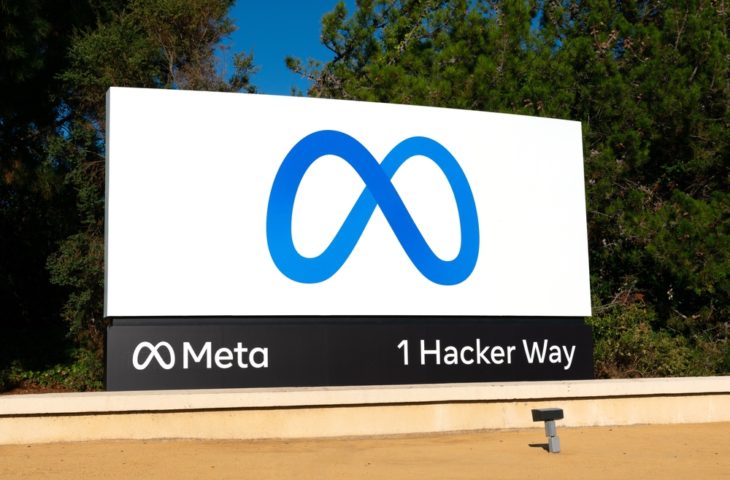Meta introduces new tools to help independent researchers analyze social media. A data clean room must prevent misuse, but does not solve transparency issues.
Meta aims to give independent researchers the tools to work with data from their own platforms. For this purpose, the company is launching a data clean room. The cleanroom contains real-time data on social media usage. Consider reactions to posts or the frequency with which they are shared. Researchers can work with the data in search of new insights.
Openness and data protection via closed API
The clean room must prevent misuse of the data. After the Cambridge Analytica scandal, it is right that Meta is doing its best to handle user data securely. In this case, the data in the cleanroom is only accessible via a controlled API. Researchers can use it to analyze the data, but exporting the data is not possible. In addition, scientists must apply for access and explain in detail what exactly their research entails. In other words: Meta decides who can work with the data.
Meta, whose CEO Mark Zuckerberg long ago indicated that he no longer believes privacy is outdated, claims in the announcement that he cares about openness and privacy. The new type of data access is intended to ensure this. The clean room is definitely a step forward, although Meta was previously discredited for sharing inaccurate and incomplete data with researchers. The clean room does not solve this trust problem.
Every step towards more research and transparency about what’s going on on Facebook is a step in the right direction. Disinformation, propaganda and harmful content remain pervasive on Meta’s platforms. It is not immediately clear whether data access via a strictly controlled API will provide much new insight into this.
